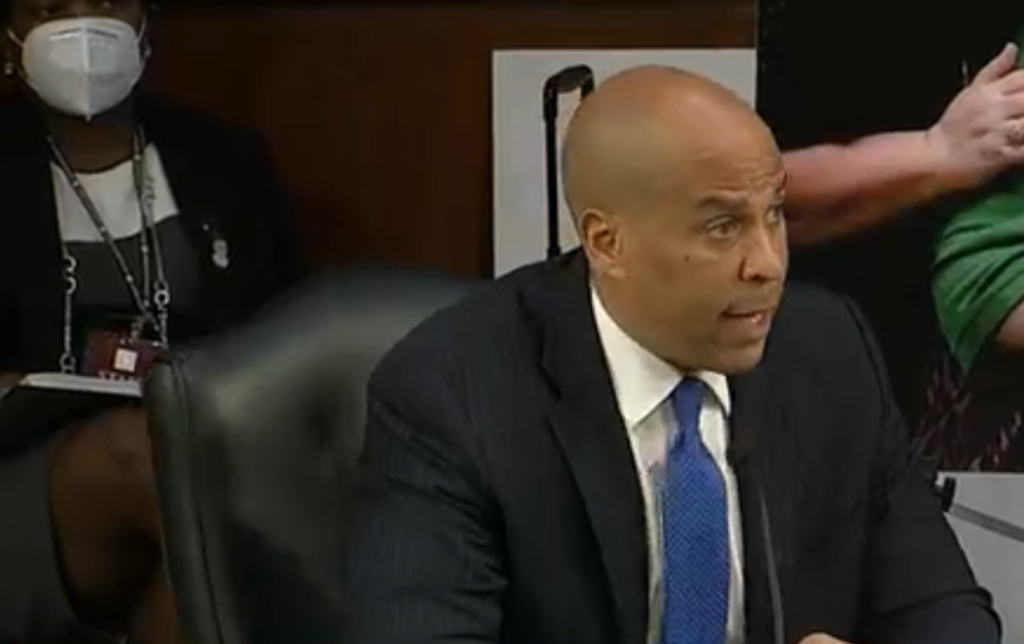Stockton Poll: Biden, Booker lead in N.J., But Trump Competitive in South Jersey

|
Stockton Poll: Biden, Booker lead in N.J., But Trump Competitive in South Jersey |
|
For immediate release: Galloway, N.J. - Democrats Joe Biden and Cory Booker appear to be cruising to victories in blue-state New Jersey’s elections for president and U.S. Senate, according to a Stockton University poll released today. However, the poll of 721 New Jersey adults conducted Oct. 7-13 reflects reports of heavy early mail-in voting by Democrats:
Only one in five Republican respondents have voted already, but more than half of the Democrats in the poll have mailed in their ballots. “With more Democrats voting early than Republicans, the eventual election result will likely to be closer to the 13-point spread,” said John Froonjian, executive director of the William J. Hughes Center for Public Policy at Stockton University, which operates the Polling Institute. The statewide results have a margin of error of +/- 3.7 percentage points. The results also look different when comparing northern New Jersey counties to the eight southernmost counties. In North Jersey, Biden leads Trump 61%-30%. But in South Jersey (Atlantic, Burlington, Camden, Cape May, Cumberland, Gloucester, Ocean and Salem counties), Biden leads by just two points, 47%-45%, a statistical tie. There is also a north-south difference in how the president is viewed. In North Jersey, 32% have a somewhat or very favorable view of Trump. In South Jersey, nearly half, at 47%, hold favorable views. Biden is also viewed favorably by 47% in the south but by 61% in the north. Statewide, Biden is viewed favorably by 56% and unfavorably by 39%. Meanwhile, only 37% of all poll respondents hold positive views of Trump, and 60% view him unfavorably. More than half of voters statewide gave Trump a poor rating on his job performance as president, while 22% gave him an excellent rating. Froonjian noted that the 2nd and 3rd Congressional Districts are in South Jersey, and the House races in both are seen as competitive. Many voters see this election as a referendum on the president. That dynamic affects races in the north differently than in the south, where the Trump brand is not as toxic and where opinion is more evenly split, Froonjian said. Incumbent Democratic U.S. Sen. Cory Booker holds a commanding 25-point statewide lead over Republican challenger Rik Mehta, 57%-32%, including voters leaning to one candidate or the other. Even among the majority who have not voted yet, Booker leads 52%-35%. When voters were asked to identify their top issue in this election, 18 percent named the economy while 13% cited the coronavirus pandemic and 12% named health care. In New Jersey, where COVID-19 infections have been fairly controlled since the early months of the pandemic, Gov. Phil Murphy is viewed favorably by 53% and unfavorably by 39%. MARIJUANA LEGALIZATION HAS STONG SUPPORT The poll showed overwhelming support for a ballot question on legalizing marijuana, with 66% of voters saying they support a constitutional amendment to do so in New Jersey while only 23% oppose. Ten percent were not sure or undecided. Previous Stockton polls have shown that the margins in actual election results for ballot questions are typically less than found in the polls. Alyssa Maurice, Research Associate for the Stockton Polling Institute, said that the reason may be that the number of voters who actually cast votes at the end of the ballot, where public questions are placed, are generally fewer than at the top of the ballot. The marijuana question is on the back of the mail-in ballot that includes the presidential race, and some voters may just miss it, she noted. About the Hughes Center The William J. Hughes Center for Public Policy (www.stockton.edu/hughescenter) at Stockton University serves as a catalyst for research, analysis and innovative policy solutions on the economic, social and cultural issues facing New Jersey, and promotes the civic life of New Jersey through engagement, education and research. The center is named for the late William J. Hughes, whose distinguished career includes service in the U.S. House of Representatives, Ambassador to Panama and as a Distinguished Visiting Professor at Stockton. The Hughes Center can be found on YouTube, and can be followed on Facebook @StocktonHughesCenter, Twitter @hughescenter and Instagram @ stockton_hughes_center.
Methodology The poll of New Jersey adults screened as likely voters was conducted by the Stockton Polling Institute of the William J. Hughes Center for Public Policy Oct. 7-13. Live interviewers who are mostly Stockton University students called cell phones and landlines from the Stockton University campus. Opinion Services supplemented the field work by completing 250 telephone interviews. Overall, 93 percent of interviews were conducted on cell phones and 7 percent on landline phones. A total of 721 registered voters were interviewed who were screened as likely voters on criteria including self-professed intention to vote on a scale of 1 to 10, having voted in New Jersey’s 2018 election, how closely voters are following the election. Both cell and landline samples included a mix of voter list and random digit dialing (RDD) sample. Data are weighted based on U.S. Census Bureau American Community Survey data for New Jersey on variables of age, ethnicity, education level, sex and region. The poll's margin of error is +/- 3.7 percentage points at a 95 percent confidence level. MOE is higher for subsets. |





